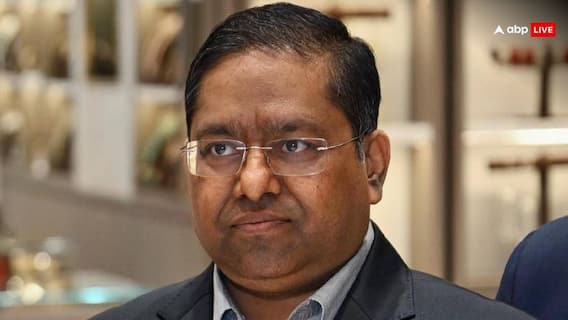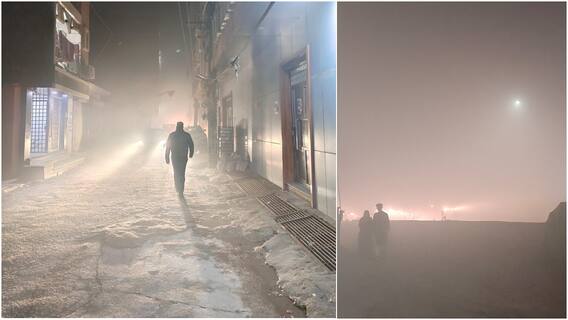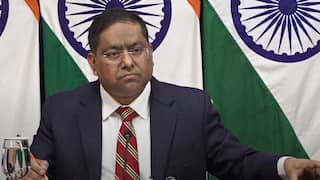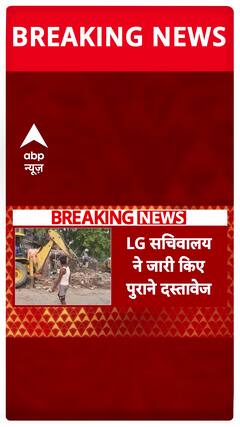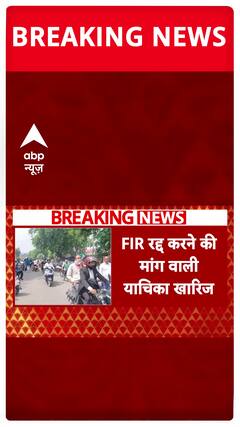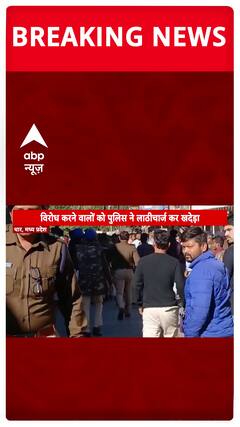Explorer
Advertisement
Supreme Court To Pronounce Verdict On Bringing CJI Office Under RTI Act On Wednesday
The court had observed that the judiciary cannot be destroyed for the sake of transparency, though insisting that nobody wants a system of opaqueness.

A five-judge headed by Chief Justice Ranjan Gogoi will pronounce the judgement at 2 pm. (Getty Image)
The Supreme Court will pronounce judgement on Wednesday on the petitions challenging the Delhi High Court verdict bringing the office of the Chief Justice of India (CJI) within the ambit of Right to Information (RTI) Act.
A notice in connection with the judgement was uploaded on the Supreme Court website on Tuesday afternoon. A five-judge headed by Chief Justice Ranjan Gogoi and comprising Justices N.V. Ramana, D.Y. Chandrachud, Deepak Gupta and Sanjiv Khanna, will pronounce the judgement at 2 pm.
The judgement was reserved on April 4 on the appeals filed in 2010 by the Secretary General of the apex court and its central public information officer challenging the Delhi High Court and the central information commission's (CIC's) orders.
The court had observed that the judiciary cannot be destroyed for the sake of transparency, though insisting that nobody wants a system of opaqueness. The bench had said, "No body wants to remain in the state of darkness or keep anybody in the same...but, the question which is before us is that in the name of transparency, you can't destroy the institution."
In 2010, in an unprecedented judgement, the Delhi High Court had ruled the RTI is applicable to the Chief Justice. The High Court observed the judicial independence was not a judge's privilege, but a responsibility cast upon him. This judgement was construed as a personal attack on the then Chief Justice K.G. Balakrishnan, who had objected to divulging information in connection with judges under the RTI Act.
RTI activist S.C. Agrawal initiated the proceedings to bring the Chief Justice office under the transparency law. Prashant Bhushan, representing Agarwal, had contended in the apex court the top court should not judge its own cause.
Bhushan insisted that the judiciary should not object to divulging the information, as the judges do not exist in different universe, and instead support transparency. He had said the public interest should be prioritized in comparison with personal interests if the person concerned is holding a public office.
Bhushan insisted the judiciary is not free from "public scrutiny". He had also pointed out at the deliberations of the Supreme Court Collegium to be brought under the RTI on a case-to-case basis keeping in mind public interest.
Attorney General (AG) K.K. Venugopal, who was representing Supreme Court's Central Public Information Officer (CPIO), had submitted that sharing information connected with Collegium, which is under the CJI office, would make judges and the government shy and destroy judicial independence. The CPIO is the authority tasked to respond to RTI queries related to the court.
The issue arose from an appeal filed by the Supreme Court Secretary-General against the January 2010 judgement of the Delhi High Court that declared the CJI's office a "public authority" within the meaning of Section 2(h) of the RTI Act, 2005.
Follow Breaking News on ABP Live for more latest stories and trending topics. Watch breaking news and top headlines online on ABP News LIVE TV
View More
Advertisement
Trending News
Advertisement
Advertisement
Top Headlines
India
India
Health
Cities
Advertisement


Nayanima Basu
Opinion







